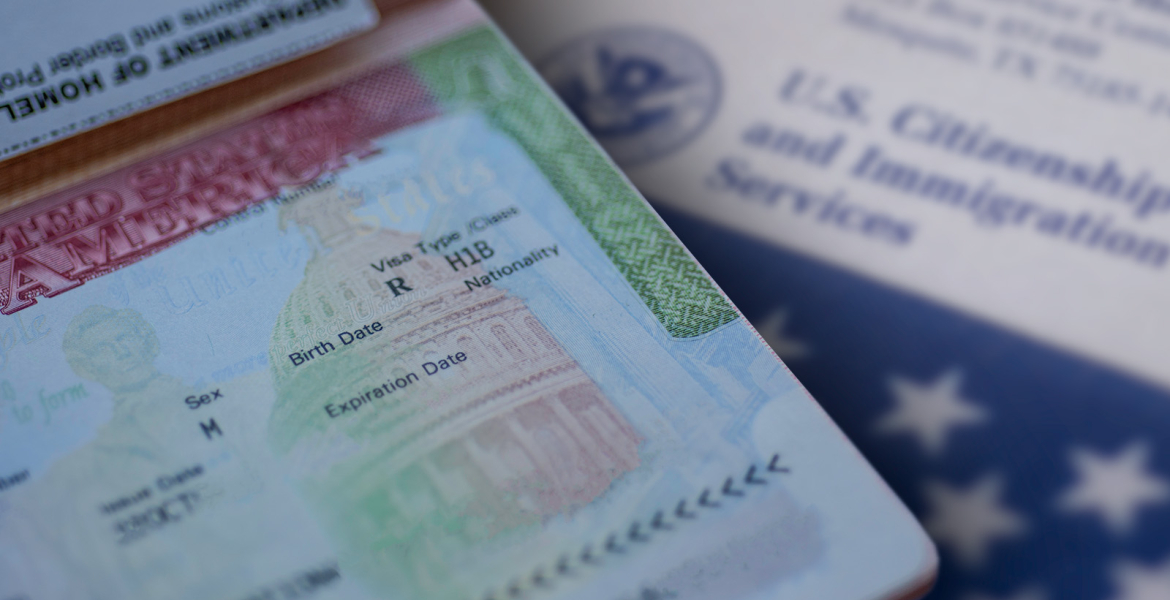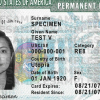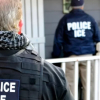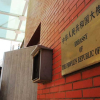Rising H-1B Visa Costs Push Kenyan Talent to Consider Canada and UK

A new executive order by US President Donald Trump has introduced a $100,000 (KSh12.9 million) fee for sponsoring H-1B visa applicants, significantly raising the cost for employers hiring foreign skilled workers.
The H-1B visa, widely used by professionals in technology, healthcare, engineering, and finance, has traditionally involved administrative fees of around $1,500. The revised policy, which took effect on 21 September, marks a substantial increase and is intended to reduce programme misuse and prioritise American workers, according to the Trump administration.
Kenya, which ranks seventh among African countries for H-1B and B2 visa recipients, could see a sharp decline in US employment opportunities for its citizens. Immigration analysts warn that the elevated cost may discourage American companies, particularly small and mid-sized firms, from sponsoring international hires, affecting Kenyan professionals seeking work in the United States.
Otieno Ombok, a Kenyan immigration lawyer based in the US, says the fee is likely to apply only to new visa applications and not to renewals. However, he cautions that the lack of implementation details could create uncertainty.
“Employers with current H-1B staff are unlikely to face retroactive charges,” Ombok says, “but the financial strain may shift hiring strategies towards domestic workers or offshore outsourcing.”
Among Kenyan professionals already working in the US, the impact is becoming apparent. Said Moyale, a software engineer in New York, notes that the fee is nearly double the minimum annual salary for many H-1B workers.
“Even after paying this, there’s no guarantee of employment,” he says, adding that the high cost may push companies to hire locally or move roles abroad.
The policy also affects students and recent graduates who rely on internships as a path to employment. Josphat Lowol, a Kenyan engineer in the US, emphasises that internships often lead to full-time roles and visa sponsorship.
“If companies are discouraged from sponsoring, they will be less willing to invest in international students,” he explains.
This shift could reduce interest in US universities, particularly as countries like Canada and the UK offer more stable immigration options. With growing barriers in the US, many Kenyan professionals are considering alternative destinations. Canada, Australia, and the United Kingdom are increasingly attractive for skilled migration due to their clearer visa processes and lower costs.
Moyale points out that gaining Canadian citizenship, for example, can eventually provide easier access to the US job market. There are also broader implications. Critics warn that the US could lose global competitiveness and influence if it becomes less accessible to international professionals.
Many H-1B holders return home with advanced skills and positive views of the US, strengthening diplomatic and economic ties. Restricting this exchange could have long-term consequences.
Although the policy is framed as a measure to protect American jobs, industry groups and immigration experts argue it may worsen labour shortages in key sectors. The order also includes a requirement for the $100,000 fee to be paid annually for visa renewals, adding further costs for employers.








Add new comment